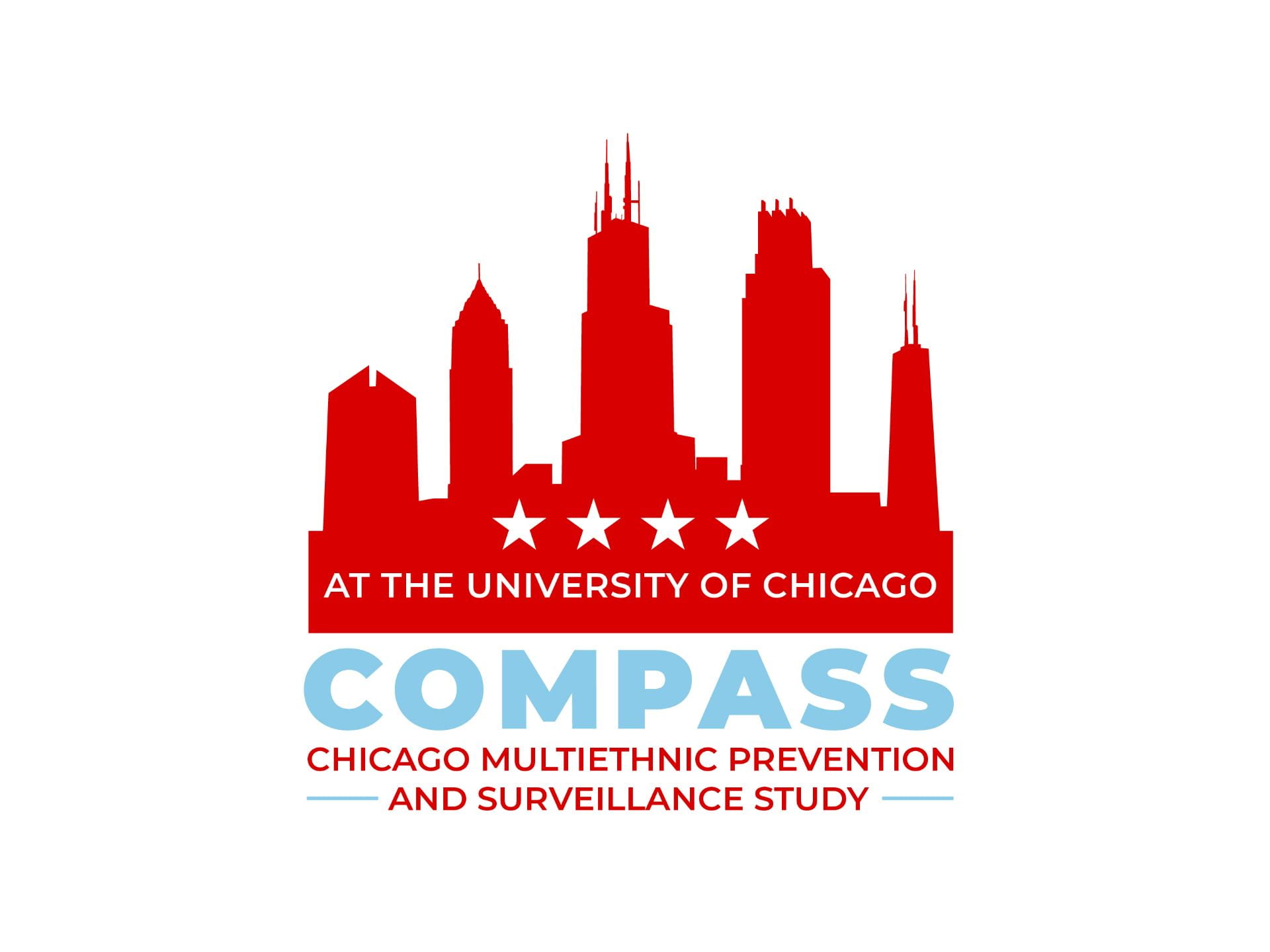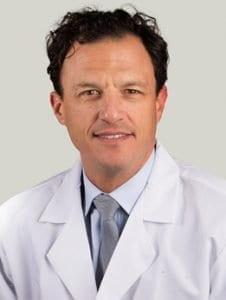In this project, investigators are looking at genetic and environmental correlates of serum prostate specific antigen among African American men.
Overview
Dr. Eggener and Dr. Pierce are leading a COMPASS pilot study to consider whether specific lifestyle and genetic risk factors are associated with an increased likelihood of dying from prostate cancer in African American men.
In their project, they are considering whether lifestyle and genetic factors is associated with serum prostate-specific antigen (PSA) in midlife, a biomarker that predicts fatal prostate cancer several decades later.
They are specifically evaluating whether there is an association between lifestyle factors and baseline PSA concentrations among African American COMPASS participants and they plan to identify inherited genetic variants that influence serum.
Significance
Because PSA is a strong predictor of subsequent prostate cancer risk and an important screening tool, the investigative team believes that this knowledge will be highly relevant for better understanding risk for lethal prostate cancer and potentially develop lifestyle interventions to reduce prostate cancer disparities for AA men.
Leadership
Scott Eggener, MD, is an experienced robotic and open surgeon who specializes in the care of patients with prostate, kidney and testicular cancers. Dr. Eggener is co-director of the UChicago Medicine High-Risk and Advanced Prostate Cancer Clinic (UCHAP), a program that provides focused care for men at high risk for prostate cancer and those with advanced disease.
Brandon L. Pierce, Ph.D., M.S.
Brandon Pierce’s research focuses on the interrelated roles of genetic, molecular, and environmental factors in cancer risk and prognosis. Dr. Pierce is interested in how genetic variation influences or alters the effects of environmental exposures and biomarkers on human health and biology.
Dr. Pierce’s research interests include (1) telomere length as a biomarker of aging and cancer risk, (2) methods for assessing causal relationships among risk factors, biomarkers, and disease, (3) genome-wide association studies, and (4) susceptibility to the effects of environmental exposure to arsenic, a known carcinogen.


